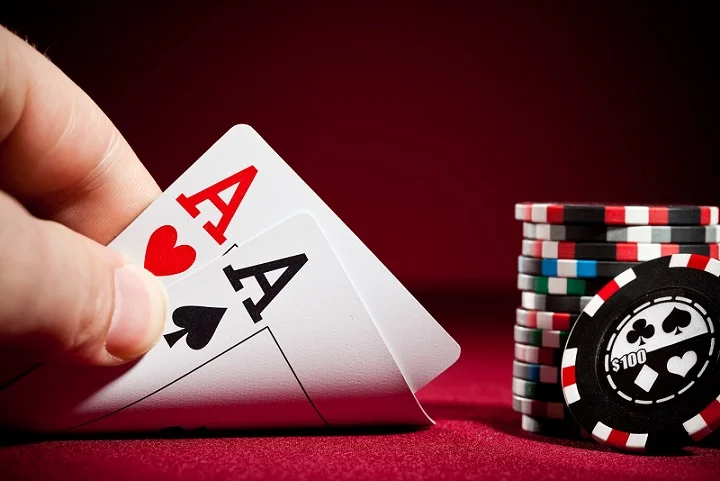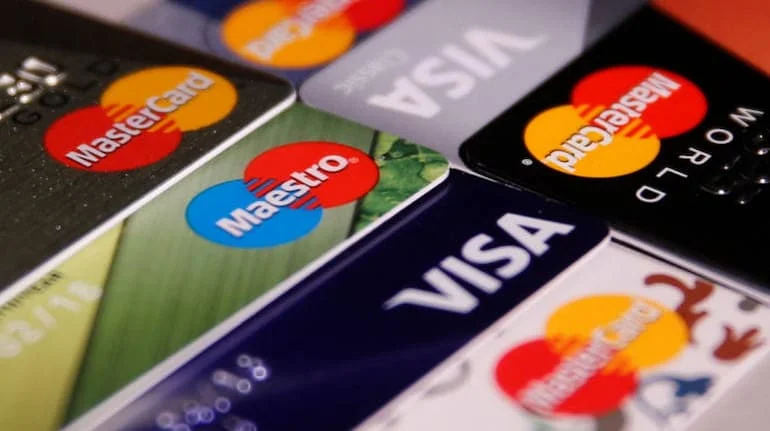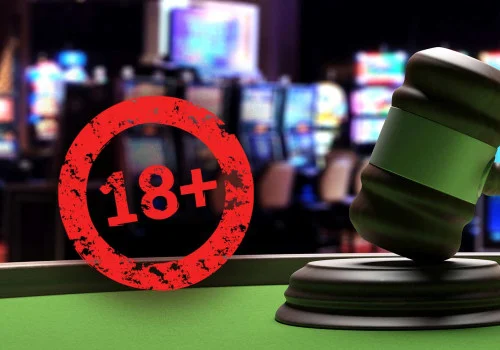Blackjack Rules 5 Cards
Blackjack, a card game that has significantly risen in popularity in recent times, has captivated a vast number of players worldwide. However, despite its widespread appeal, many enthusiasts remain unfamiliar with certain elements of the game. One such element is the “5 Card Charlie” rule. This rule, while not universally recognised, can dramatically alter the dynamics of the game and give players new strategies to consider. In this section, we will delve deeply into understanding the 5 Card Charlie, aiming to enhance your knowledge and skills in this captivating game of Blackjack.
What is a 5 Card Charlie in Blackjack
A five card Charlie in Blackjack refers to a situation where a player manages to draw five cards without their total exceeding 21. The concept is rooted in the game’s primary objective: to have a hand total that is closer to 21 than the dealer’s hand without going over. In a blackjack 5 cards, the number of cards in your hand becomes a crucial factor, not just the total value of the cards.
To illustrate, let’s assume you have the following cards: 2, 3, 4, 5, and 6. Their total value is 20, and because you’ve managed to draw five cards without ‘busting’ (exceeding 21), this is considered a five card Charlie. A key point to note is that the nature of these cards doesn’t matter – the combination could be entirely different, and it would still count as a five card Charlie as long as the total value doesn’t surpass 21.
The intriguing aspect of this rule is that it can dramatically turn the tide of the game. In most traditional Blackjack games, having a five card Charlie automatically results in a win for the player, regardless of the dealer’s hand. This gives the player an advantage and can compel them to play more strategically, especially when they’ve drawn four cards without busting.
However, there is one scenario where you could still lose with a five card Charlie. If the house blackjack 5 card rule specify that the dealer wins all ties, having a five card Charlie that equals to 21 could end in a loss if the dealer also has a Blackjack (an Ace and a 10-value card). As with any rule, the five card Charlie has its nuances and strategic implications, making it yet another fascinating aspect of the thrilling game of Blackjack.
Why Don’t Land-Based Casinos Have Five Card Charlie
In land-based casinos, the absence of the 5 cards in blackjack is a deliberate choice made by operators due to its potential to shift the balance of advantage from the casino to the player. The house edge in Blackjack, while already one of the lowest among all casino games, still exists as a statistical advantage that ensures the casino’s profitability in the long run. This edge is typically derived from a set of rules strategically designed to slightly skew the odds in favour of the house.
A key contributing factor to this edge is the fact that the dealer always plays last in Blackjack. This means that if a player ‘busts’ or exceeds 21, the dealer automatically wins, regardless of their own hand. This rule, combined with others, ensures that despite Blackjack’s relatively player-friendly odds, the casino still maintains an expectation of winning in the long term.
Introducing the ‘five card Charlie’ rule disrupts this delicate balance, as it provides players with an automatic win, irrespective of the dealer’s hand. This potential for an automatic win, independent of the dealer’s hand, dramatically increases the player’s advantage. If players were able to consistently make use of this rule, it would significantly diminish the house edge, potentially leading the casino to operate at a loss.
Given this potential financial risk, it is unsurprising that land-based casinos are reticent to offer the ‘five card Charlie’ rule. While its inclusion may enhance the intrigue and strategic depth of the game for players, the potential impact on the casino’s bottom line is a critical factor that cannot be overlooked.
From the player’s perspective, the absence of the ‘five card Charlie’ rule in land-based casinos underscores the importance of understanding the specific rules of the Blackjack game being played, and how these rules influence the house edge. Mastery of Blackjack requires not only a grasp of the basic game, but also a deep appreciation of how the subtleties of different rules can shape one’s strategy and chances of winning. By delving into these intricacies, players can further enhance their understanding and gameplay, ultimately increasing their potential for success.

Does Five Card Charlie Beat Everything
While the ‘five card Charlie’ rule, which allows a player to win by drawing five cards without busting, may seem captivating, it is important to note that it does not guarantee an automatic win in all scenarios. The rule’s application depends on the specific rules of the game being played. For instance, if the dealer wins all ties, a five card Charlie equalling 21 could still result in a loss if the dealer also has a Blackjack.
In land-based casinos, you are unlikely to encounter the five card Charlie rule. This absence can be attributed to the potential shift in odds in favour of the player, which disrupts the house edge and affects the casino’s long-term profitability. As the five card Charlie rule offers a path to an automatic win regardless of the dealer’s hand, the player’s advantage increases significantly, leading to a notable reduction in the casino’s earning potential.
On the other hand, the five card Charlie rule is more commonly found in home games and online casinos. In the competitive online gambling sector, many virtual platforms offer unique rules and features, such as the five card Charlie rule, to attract and retain players. However, it is crucial to remember that even when offering seemingly player-friendly rules, these platforms are designed to maintain the house’s edge. Therefore, the use of the five card Charlie rule in these settings does not nullify the house edge, but rather adds another layer of strategy and intrigue to the game.
Does 5 Card Charlie Beat 21
Whether a ‘five card Charlie’ beats a score of 21 or not depends on the specific rules of the Blackjack game you’re playing. In some games, the accomplishment of a five card Charlie results in an immediate win for the player, irrespective of the dealer’s hand. In such a case, yes, a five card Charlie would indeed overcome a score of 21. However, there are also Blackjack games where the dealer wins all ties. In this instance, if the dealer has a Blackjack (a 10-value card and an Ace) and you have a five card Charlie totalling 21, the dealer would win. Therefore, it’s crucial to understand the rules of the specific game you’re playing before assuming a five card Charlie guarantees a win.
Disadvantages of Playing 5 Card Charlie
Playing Blackjack with the ‘five card Charlie’ rule introduces several disadvantages. First and foremost, the rule can significantly prolong the duration of the game, as players, aiming to achieve a five card Charlie, tend to deliberate more before deciding whether to draw an extra card. This can slow down the pace of the game considerably, potentially leading to a less engaging experience for players who thrive on the quick decision-making traditionally associated with Blackjack.
Another downside is that the ‘five card Charlie’ rule can foster a false sense of security among players. They might be tempted to overstretch their hands in pursuit of the five card win, leading to an increased likelihood of ‘busting’ or exceeding 21. This strategy can backfire, often resulting in substantial losses for the player. Additionally, the prolonged gameplay caused by the rule can further exacerbate this risk, as players have more opportunities to make risky decisions.
Lastly, while the ‘five card Charlie’ rule might seem to increase the chances of winning, it can often lead to an overemphasis on one aspect of the game, detracting from the multifaceted strategy that makes Blackjack appealing to many players. The focus on drawing five cards without busting might overshadow other strategic considerations, such as card counting or reading opponents, thereby diminishing the complexity and richness of the game. In essence, the ‘five card Charlie’ rule, while adding an interesting spin to Blackjack, can also detract from the game’s nuanced strategic depth.
Overall, it is important to carefully consider the implications of incorporating the ‘five card Charlie’ rule into a Blackjack game. While it may introduce an element of excitement and unpredictability, it comes with trade-offs that can impact the overall experience and strategic dynamics of the game.



